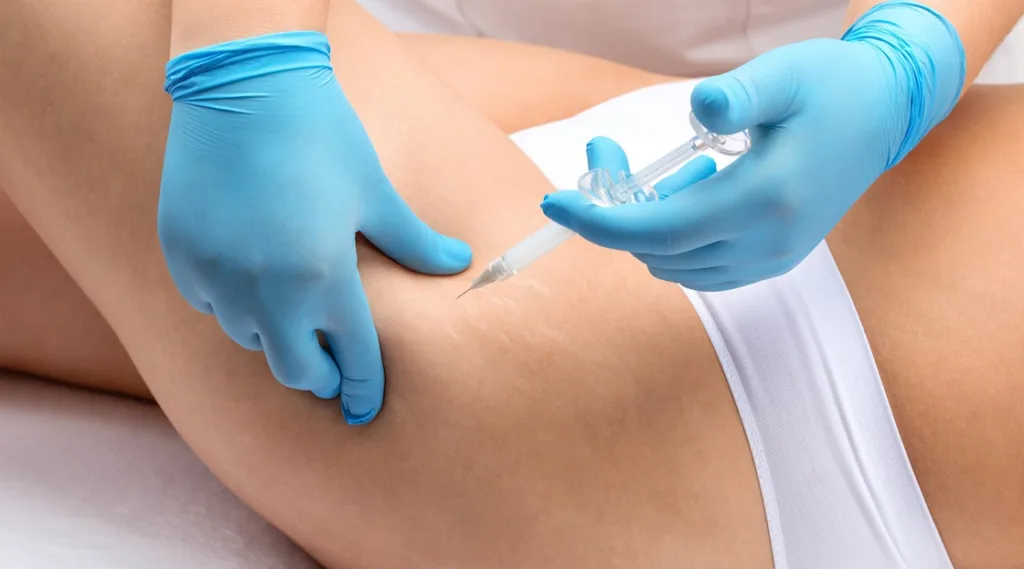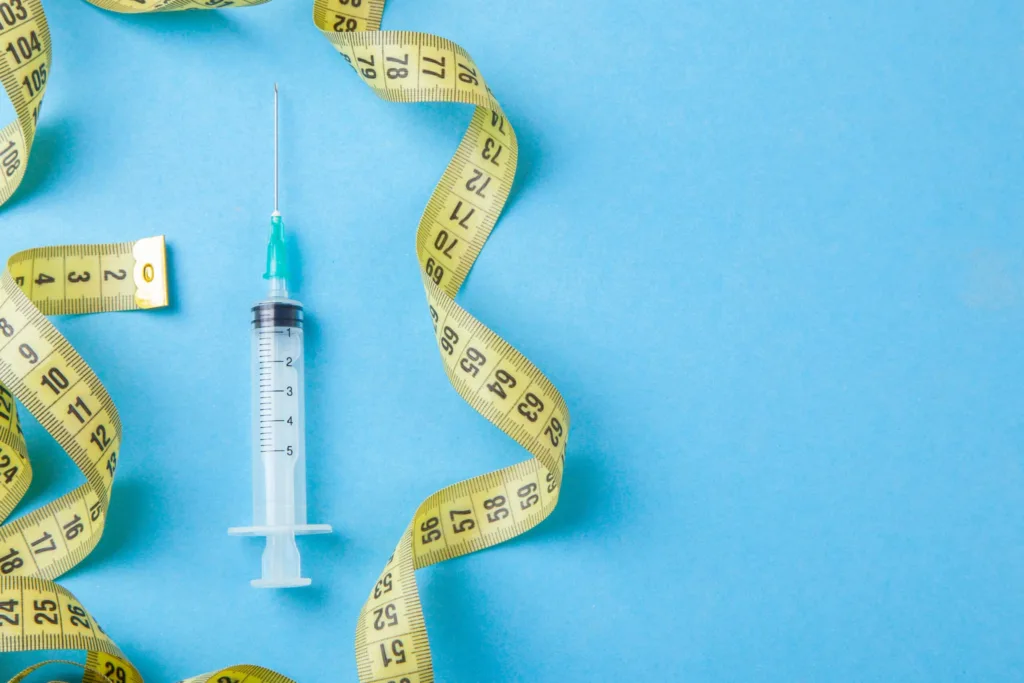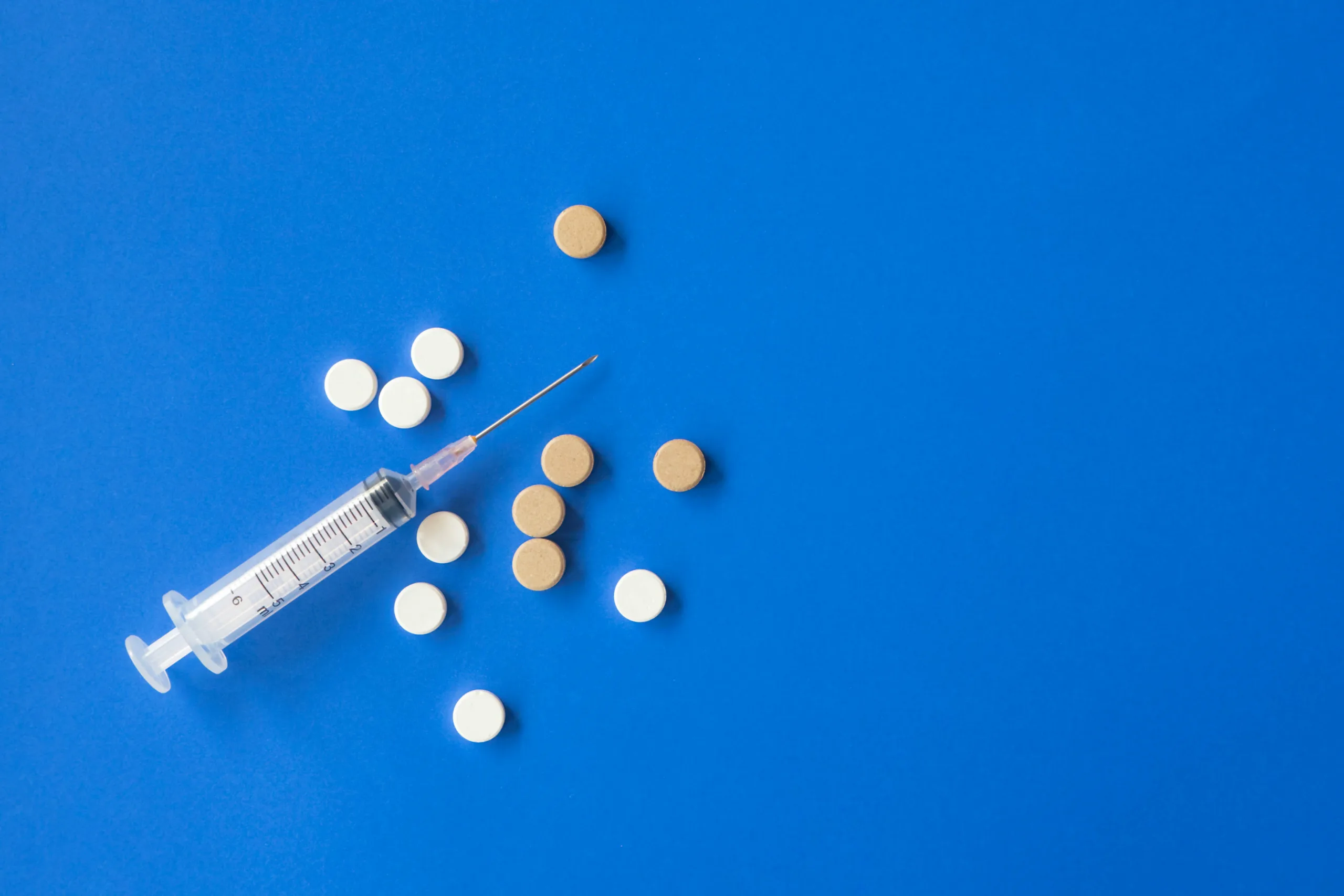Unveiling Self-Investment in Weight Loss
The pursuit of a healthier, fitter version of yourself is a noble one. As the famous saying goes: “Your body hears everything your mind says.” Prioritizing personal wellbeing and taking concrete steps towards self-improvement is the first step in the journey. When it comes to sustainable weight loss, the landscape of solutions has significantly expanded with scientific advances.
Weight loss injections are rising in popularity as a convenient supplemental method for shedding excess pounds. But like any investment, understanding the full cost implications can help set realistic expectations. This comprehensive blog post will dive deep into the financial facets of weight loss injections—costs, value for money, hidden expenses—to provide a 360-degree perspective. Arm yourself with all the details, so you can make the best investment in the most important asset—yourself!

Exploring the Landscape of Weight Loss Injections
Weight loss injections have become an increasingly popular option for those struggling to slim down through conventional diet and exercise alone. As obesity rates continue to rise globally, medical solutions that promise rapid, tangible results have gained significant traction. These injections stimulate specific bodily functions and biological processes to promote fat burn, appetite suppression, or metabolism boost. Let’s explore the major types of weight loss injections currently available:
- Liraglutide – A glucagon-like peptide (GLP-1) that slows digestion and promotes feelings of fullness by regulating appetite hormones like ghrelin. Brand names like Saxenda or Victoza administer daily micro-doses to be effective.
- B12/MIC + B Complex – Stimulates metabolism and energy levels through a combination of vitamin B12, methionine, inositol and choline (MIC). This is one of the more affordable injections options.
- HCG (Human Chorionic Gonadotropin) – A hormone produced by the placenta in pregnancy that releases stored fat when using a very low-calorie diet. Also suppresses appetite.
- Peptides – Amino acid compounds like CJC 1295 or Ipamorelin that release growth hormone for fat loss.
- Lipotropic Formulas – Blend of compounds like choline and inositol that help liver metabolize fat.
The primary value proposition is convenience and rapid results – weekly or monthly injections mean less effort than daily dieting, exercising and calorie tracking. However, understanding the science behind how these injections work is key to setting realistic expectations on effectiveness.
Financial Investment in Weight Loss Injections
Embarking on a medically-assisted weight loss program involves considerable financial investment upfront. The expenses can be broken down into three main categories:
- Medication Costs: The injectable drugs themselves. Saxenda retails for $1000-1500 monthly, HCG around $400 monthly, and B12/MIC combo shots from $30-50 weekly. Peptides and lipotropic formulas cost $150-300 monthly.
- Consultation & Administration Fees: Initial and follow-up appointments with registered healthcare practitioners to prescribe and administer the injections. Typically $100-150 per visit. Some include unlimited visits.
- Medical Tests & Monitoring: Blood tests, body composition analysis, vitals measurement required for suitability assessment and progress tracking. Costs vary based on tests. Expect $150-300 upfront.
Compared to traditional weight loss options like gym memberships (avg. $40 monthly) or clean eating ($300+ monthly), injections involve more significant upfront investment. However, potentially faster results may compensate by achieving the desired outcome sooner. Analyzing projected total costs against your target weight loss can clarify value.

Balancing Costs and Expected Results
The allure of any promising weight loss solution is tangible results achieved quickly. However, managing expectations realistically is crucial before investing in injections. Outcomes and body responses vary drastically between individuals based on:
- Body chemistry and baseline hormone levels
- Diet and nutrition strategy
- Genetics and level of commitment/consistency
- Existing medical conditions or contraindications
- Dosage administered and combination of compounds
Some users may experience rapid transformations of 5-10lbs loss per week, while others inch along slowly at 1-2lbs. Despite the costs involved, dramatic success cannot be guaranteed even if following the program diligently. That said, many users report highly positive emotional effects like boosted confidence, self-esteem and body image even before major weight shifts occur. Factoring in these psychological and emotional benefits can make the investment worthwhile for some. Analyzing your starting point and expectations carefully is key to determining whether the potential results justify costs.
Uncovering the Cashflow Timeline
When budgeting for an intensive program like weight loss injections, it’s helpful to understand the full cashflow timeline of expenses:
- Initial Consultation & Setup: $250+ for initial appointment, suitability assessment, blood work, prescribed medication, first 1-2 weeks dosage.
- Week 2 Onwards: Ongoing costs for follow-up consultations (every 1-2 weeks), weekly/monthly medication purchases, supplements if prescribed. Budget $200-500 monthly.
- Phase 2 Maintenance: After achieving target weight loss, some continue reduced dosage injections or supplemental fills at $150-300 monthly to maintain results.
- Future Use: Many opt to undergo 3-6 month cycles of injections annually or biannually to keep excess weight off long-term while allowing relaxation of diet in between.
Planning for these phases can optimize budgeting rather than looking only at short-term costs. An annual or lifetime budget may justify investment better.

Hidden Costs and Unforeseen Factors
When budgeting for an intensive program like weight loss injections, hidden costs and unanticipated expenses should be prepared for. These may include:
- Additional blood tests if anomalies arise requiring investigation.
- Prescription of special nutritional supplements, multivitamins or shakes.
- Lifestyle changes like gym memberships, fitness trackers, healthier grocery bills.
- Treatment of side effects like headaches, nausea, dizziness.
- Follow-up doctor consultations if new medical issues emerge.
- Potential impacts to health insurance premiums if classified as higher risk.
Sustainability beyond the injection phase should also be considered. Can the results be maintained without ongoing shots? Some require additional maintenance injections. Others recommend repeating the program annually. Building healthy habits during the program is crucial to avoid rebounding afterwards.
Finding the Right Provider
Not all weight loss clinics and services are equal when it comes to program costs. Pricing can range dramatically based on factors like:
- Doctor qualifications, expertise and experience specifically with weight loss injections
- Geographic location and cost of real estate overhead
- Exclusivity of clinic and demand for services
- Inclusion of comprehensive support like nutrition plans, progress tracking, online coaching
- Use of high-quality medications from reputable pharmaceutical brands
Conducting thorough research and consulting reviews can help identify providers with fair pricing given the scope of services. Many offer free initial consultations as well to compare service models. Do your homework to maximize value.
Should You Proceed with Treatment? Key Questions to Ask
Before committing finances to a weight loss injection program, asking yourself some key questions can determine if it’s the right investment:
- What is your weight loss target and timeframe? Are the projected results achievable?
- Have you attempted changing eating habits and exercising without success?
- Can you afford the costs not just short-term but potentially ongoing?
- Are you willing to undergo required medical monitoring and testing?
- Are you committed to adapting lifestyle long-term to maintain results?
Aligning expectations to your personal circumstances and priorities is essential to avoid disappointments post-investment. Be ruthlessly honest with yourself before proceeding.
Future Trajectory and Outlook
As research continues developing new compounds and delivery methods, the medical weight loss injection market is projected for solid growth. Expected to reach $6.5 billion by 2028, innovations seek to enhance effectiveness, minimize side effects and expand access. With personalized medicine and telehealth enabling greater customization, costs may also reduce over time. While injections currently carry considerable price tags, the trajectory points towards affordability improvements for this promising avenue.

Nurturing Growth through Self-Investment
Embarking on a weight loss regimen like injections is a multi-faceted investment—financially, physically, mentally, emotionally. While this blog has focused comprehensively on the monetary aspects, the returns encompass far more than just shedding pounds. Investing in yourself sparks a journey of self-discovery, willpower, discipline and improved wellbeing that pays dividends long after the program ends. But like any investment, educating yourself on the pros, cons and responsibilities is crucial.
Hopefully, by spotlighting everything involved—costs, cashflow, caveats—you’re empowered to make the most informed investment in your personal growth. The exciting process of nurturing your body and mind deserves time, commitment and realistic planning. Whatever path you take, approach self-improvement as the ultimate act of self-love. Your future self with thank you for it!
Thank you for reading this post, don't forget to subscribe to our free newsletter
!
